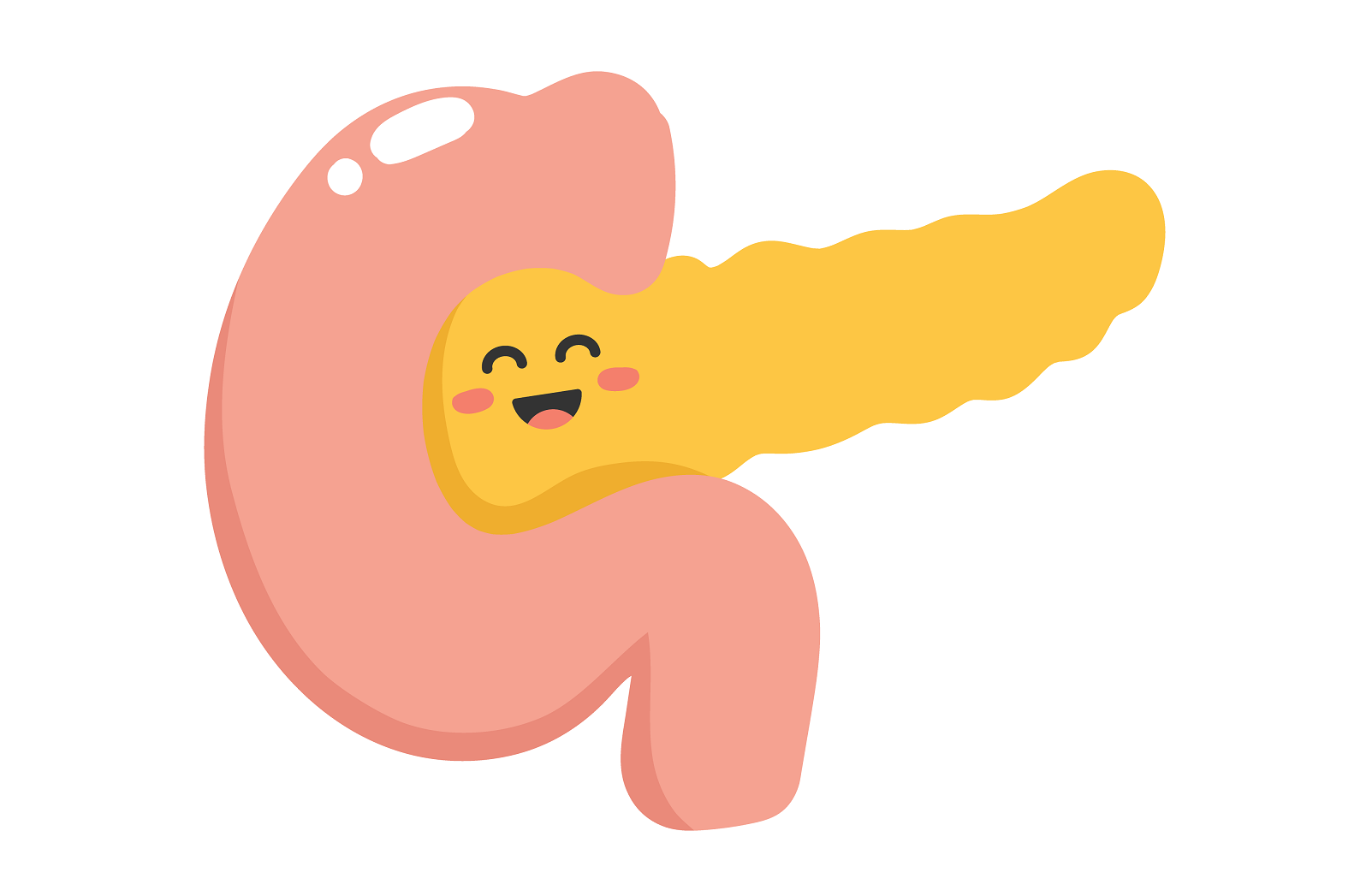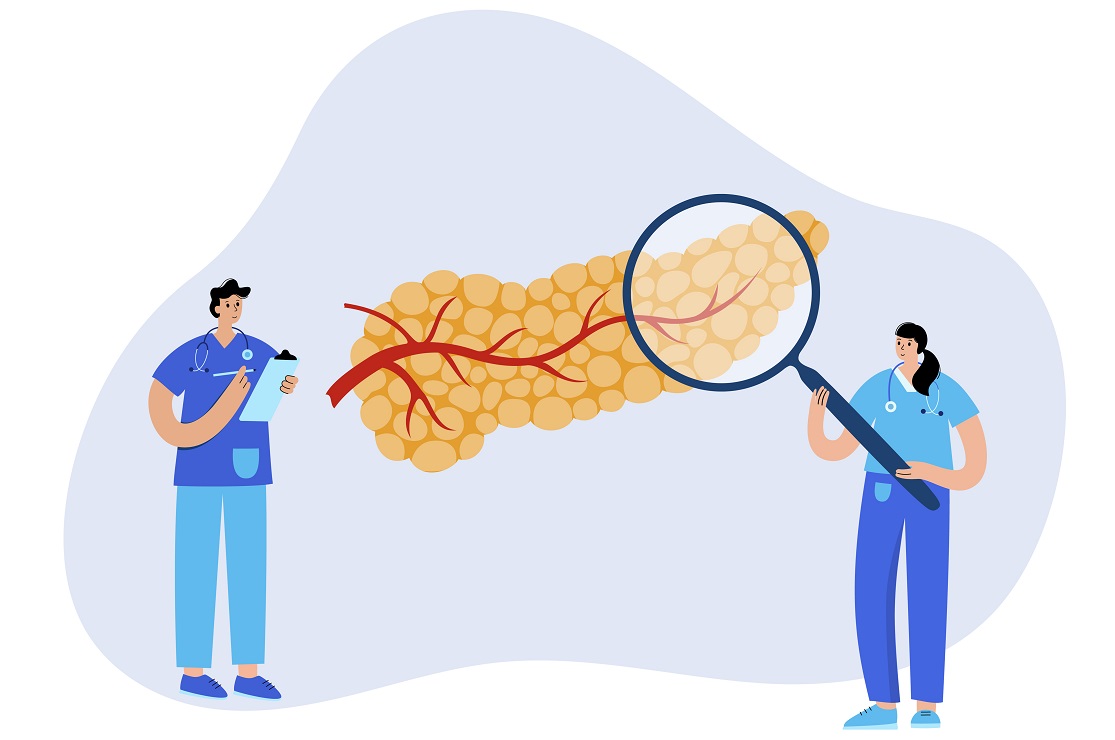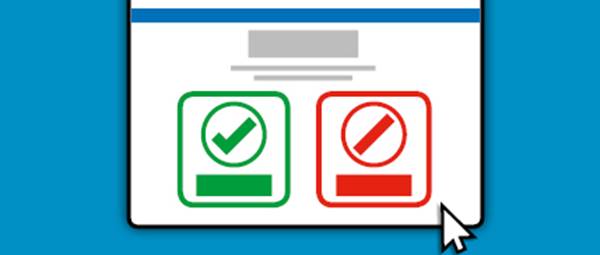Why register?
Find out why it's really important that you do.
The pancreas is the long organ in your abdomen that creates a vital hormone called insulin.
Insulin helps your body to control its blood sugar levels; preventing them from becoming too high or too low.
Pancreas transplants are not as common as kidney or liver transplants and are often conducted as a double transplant with the kidney, as many people in need of a pancreas transplant also have advanced kidney disease.
Choosing to donate your pancreas when you die could transform somebody's life.

People with diabetes are unable to produce enough insulin, or the insulin they do produce is not effective at controlling blood sugar levels.
Whilst most diabetes can be managed with prescription insulin and/or tablets, a pancreas transplant may be considered for people with type 1 diabetes and end-stage kidney failure.
A transplant is only recommended for people who:

Choosing to donate your pancreas when you die could increase the chances of someone receiving the life-changing transplant they desperately need.
Anyone can register a decision to become a pancreas donor after death, there is no age limit.
There are also very few health conditions where organ donation is ruled out completely.
If you would like to help others after you die by becoming a pancreas donor, the best thing to do is to add your name and decision to the NHS Organ Donor Register.
Act now to change lives in the future.

It takes just two minutes to register online.
Alternatively, you can call us on 0300 123 23 23.
Find out why it's really important that you do.
Organ donation will only go ahead with the support of your family, and clinicians will never proceed with organ donation if your family or loved ones object.
Get tips on how to talk to your loved ones about organ donation